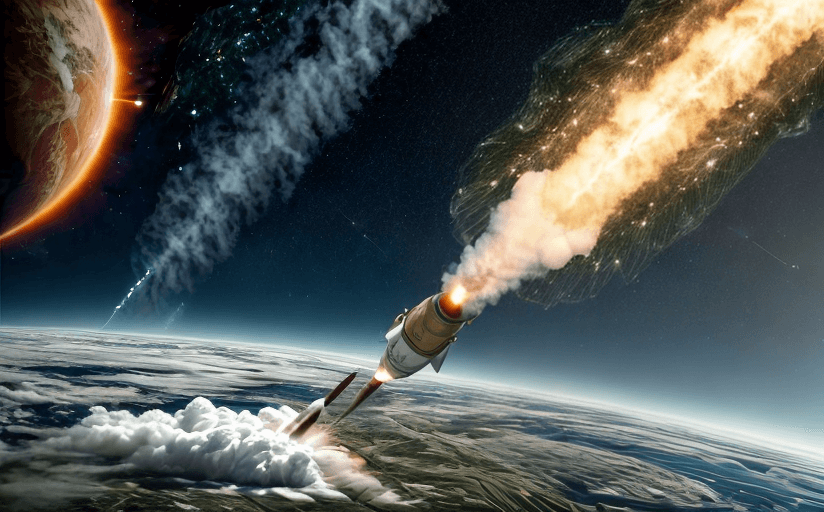Space Exploration and the Environment: Towards Sustainable Space Missions
For decades, space exploration has been a source of wonder and intrigue for people worldwide, fascinating with its limitless depths, fascinating discoveries, and promising prospects. However, our continual advancements in technology have also raised significant concerns.
Among varied concerns, it has become increasingly crucial to investigate the impact of space exploration on our home planet. As our explorations extend further into space, we can no longer ignore the environmental footprints these missions are leaving behind.
The Environmental Impact of Space Exploration
In order to launch spacecrafts, rockets use a massive amount of energy typically derived from burning fossil fuels. This process produces greenhouse gases, contributing to global climate change. Furthermore, the immense heat produced during launches can affect local wildlife and their habitats.
Another environmental challenge concerning space exploration is space debris or 'space junk.' With continuous launches and missions, pieces of defunct satellites and spent rocket stages left behind have accumulated into a concerning amount of space debris orbiting our planet, posing a threat to both spacecrafts and the Earth's atmosphere.
Sustainable Solutions: A New Era of Space Travel
Many scientists and researchers are seeking out sustainable solutions to mitigate the environmental consequences of space exploration. Among the innovative solutions proposed, reusable rockets have come up as a significant game-changer. Reusable launch vehicles (RLVs) can drastically reduce the amount of material waste left behind in space and on Earth, making space exploration more environmentally friendly.
Furthermore, advancements in propulsion technology and the exploration of alternative, cleaner fuels may also provide a solution, potentially curbing the greenhouse gas emissions from rocket launches.
Challenges and Solutions
Transitioning to more sustainable space exploration is not without its challenges. Developing reusable rockets and alternative fuels requires considerable research, time, and financial investment. Moreover, addressing the existing space debris problem calls for innovative approaches and international cooperation.
Policymakers and space agencies worldwide must prioritize these environmental concerns and invest in green technology in space exploration. International collaboration can facilitate sharing of scientific knowledge and cost load, promoting faster and more effective solution development.
Endeavors towards sustainable space travel are a collective responsibility. By implementing greener practices in our space missions, we can continue our journey to the stars without compromising the health of our home planet.
Conclusion
In conclusion, while space exploration offers significant insights and opportunities, it is crucial to strike a balance between discovery and preservation. As we advance towards sustainable space explorations, every step taken into the cosmos should also be a step towards conserving our habitat and ensuring the survival of future generations on this planet.


















Comments
Leave a Comment